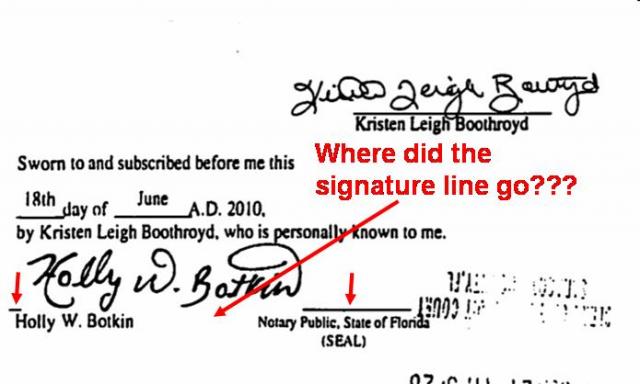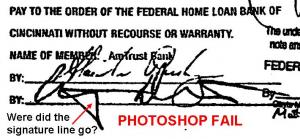Do you have a friend or family member who works in EMS? Do you want to work in EMS? Have you always wondered what it is like to be a paramedic? Well, wonder no more, I have come up with a way to simulate the life of a paramedic:
– Write down every task that you need to perform in the house and how it is to be done, such as lawn mowing, painting, sweeping the floor, etc. Place all of the sheets in a notebook titled “Protocols.” Memorize the entire book. Change the protocols at least once a month, and take a test to ensure that you have the new way memorized.
– Have your neighbors call you at random times throughout the day and night, so you can go to their homes and perform tasks. Your neighbor gets bonus points if the task needed isn’t in the protocol book, or if the task is gross, disgusting, or a complete waste of time. A good example would be calling you to come change the thermostat for the air conditioning, or rub cream on his hemorrhoids.
– If a task to be performed isn’t in the protocol book, you must call your father in law on the phone, describe the situation, and ask him what to do.
– Stay dressed all day so that you can make it to the car in less than 30 seconds. To test this, have a neighbor run through your house several times a day with a megaphone yelling “Copy code three” whereupon you jump up and run to your car. Every fourth time, after you have gotten in the car, have the neighbor tell you that you are canceled, and you can return to what you were doing. Bonus points if you were in the shower, cooking or eating dinner, or sitting on the toilet.
– Every day, write down the contents of your medicine cabinet and pantry. Then check the car out, paying close attention to fuel and oil levels, and the condition of the tires. Also, confirm that the headlights and horn work. Write this all down and stuff the papers in a drawer where no one will ever see them again.
– If you need something to replace missing items needed to carry out your protocols, send an email to a relative, who will go to the store and shop for you. Make sure they either buy the wrong thing, or get too much or too little of whatever it was.
– To simulate your coworkers, when you perform a task, have another person stand behind you and comment on the way you did it, either telling you that you aren’t following protocol, or pointing out that they would have done it differently.
– Every time you perform a task, write down everything you did in the form of a report. Have someone randomly pick out every fourth report from a week ago and point out that you misspelled a word, got the zip code of the grocery store wrong, or that you missed a step in the protocol for whatever task you performed. This will force you to rewrite the entire report.
– For at least 4 hours a week, you should watch training films that you have seen at least a dozen times. Then you should write a detailed report about what you learned.
– For another 2 hours a week, have someone “teach” you how to do something that you already do on a daily basis by reading an article from a two year old copy of JEMS, Good Housekeeping, or some other magazine out loud. It helps if they do this by reading the article verbatim from a power point that you could easily read for yourself.
-Get four friends to stay at your house as company. They can even call themselves your “squad” or “truck company.” Have them watch you do all of these tasks and make fun of you while they take turns alternatively napping and eating ice cream. Then have them point out to you that you need to clean the toilets.
– Make sure that there is no toilet paper in the bathroom, and at least once a day have your neighbor call you to come to his house while you are on the toilet.
– When preparing dinner, have that neighbor call you to come over while it is cooking. This will force you to either recook the food, forget to turn the food off and burn it, or just say forget it and get something to go from McDonalds.
– Have your mother-in-law write down everything she’s going to do for the day, then have her make you stand in the back yard at 7am and read it to you.
– Sleep in your car while it is parked in the driveway. Have someone else sleep in the car with you, or better yet, have them watch a movie while laughing maniacally every 5 minutes. Make sure that whoever is in the car with you farts at least twice an hour. They get bonus points if they ate relish and boiled cabbage for dinner.
-To simulate move ups, have someone call you on the cell phone at least twice between midnight at five am, to instruct you to dive 5 miles to sit a nearby, random parking lot. Fifteen minutes after you get there, have them call you again to drive home and sleep in your driveway again.
– Wash the car every morning with a scrub brush and brillo pad, then have your wife come out and complain that you missed a spot.
Did I miss any?




